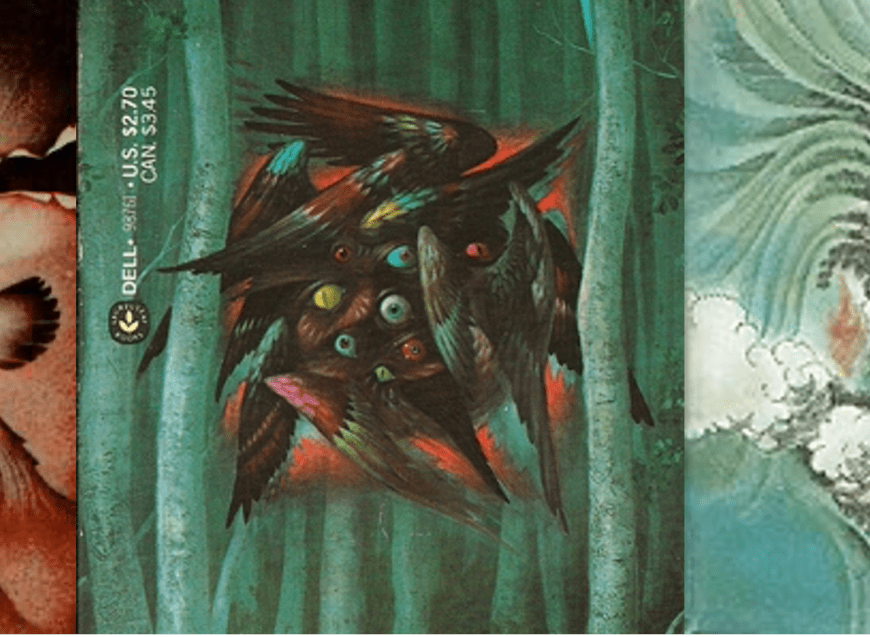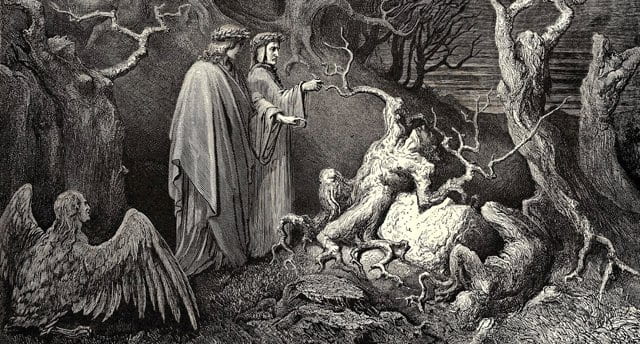
Better to Rule in Hell: A Comparison of Satan in Paradise Lost and the Old English Genesis
Why does Satan choose to rebel against God? While Satan is not mentioned in the Book of Genesis, he is featured prominently in its Old English counterpart. The story of Satan’s rebellion and fall provided by Old Testament Narratives (OTL) is remarkably similar to that which appears in Milton’s Paradise Lost. Satan conspires to reign over Heaven, he and his angelic host are overthrown, their luminous forms are twisted into…



